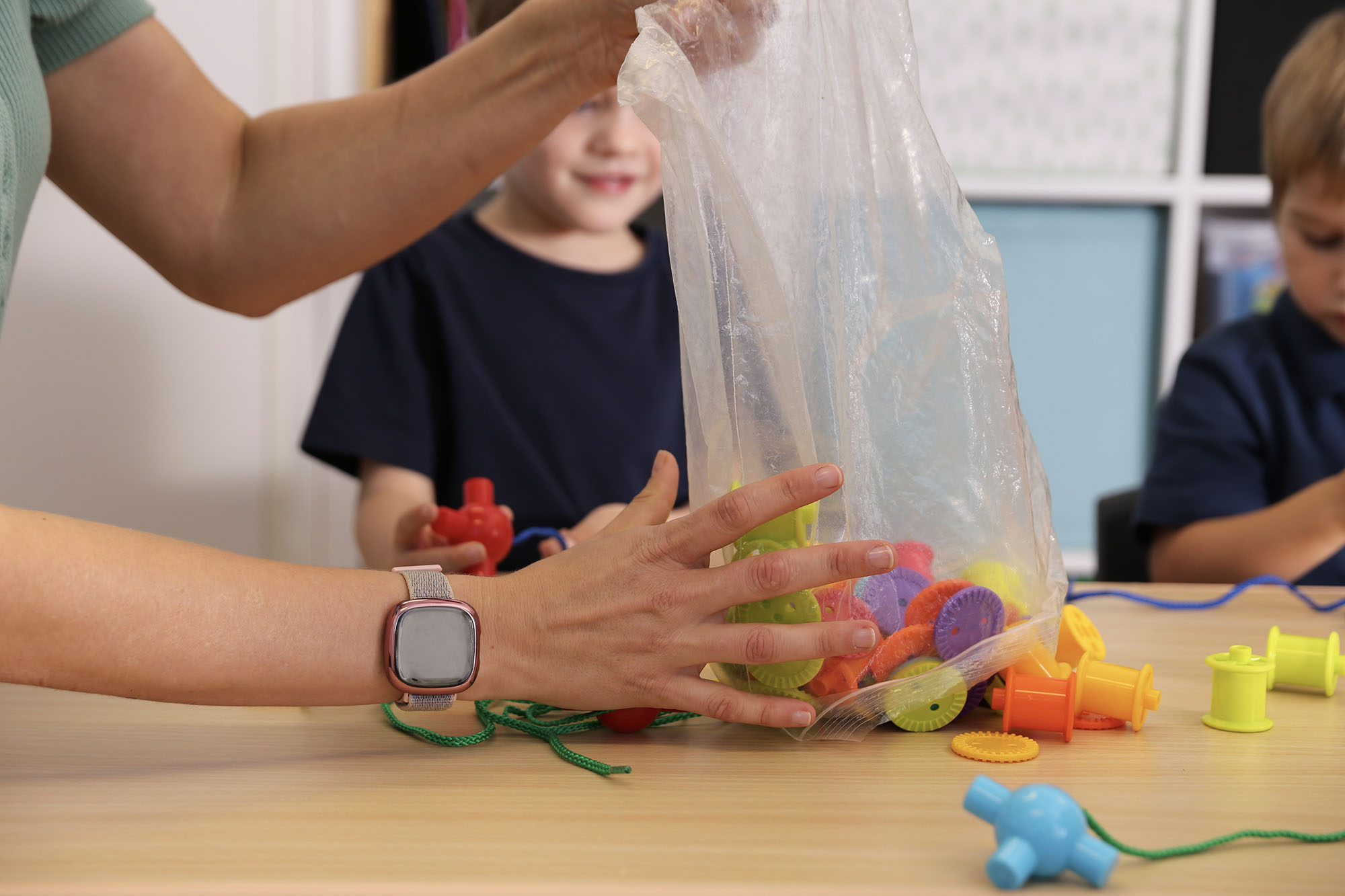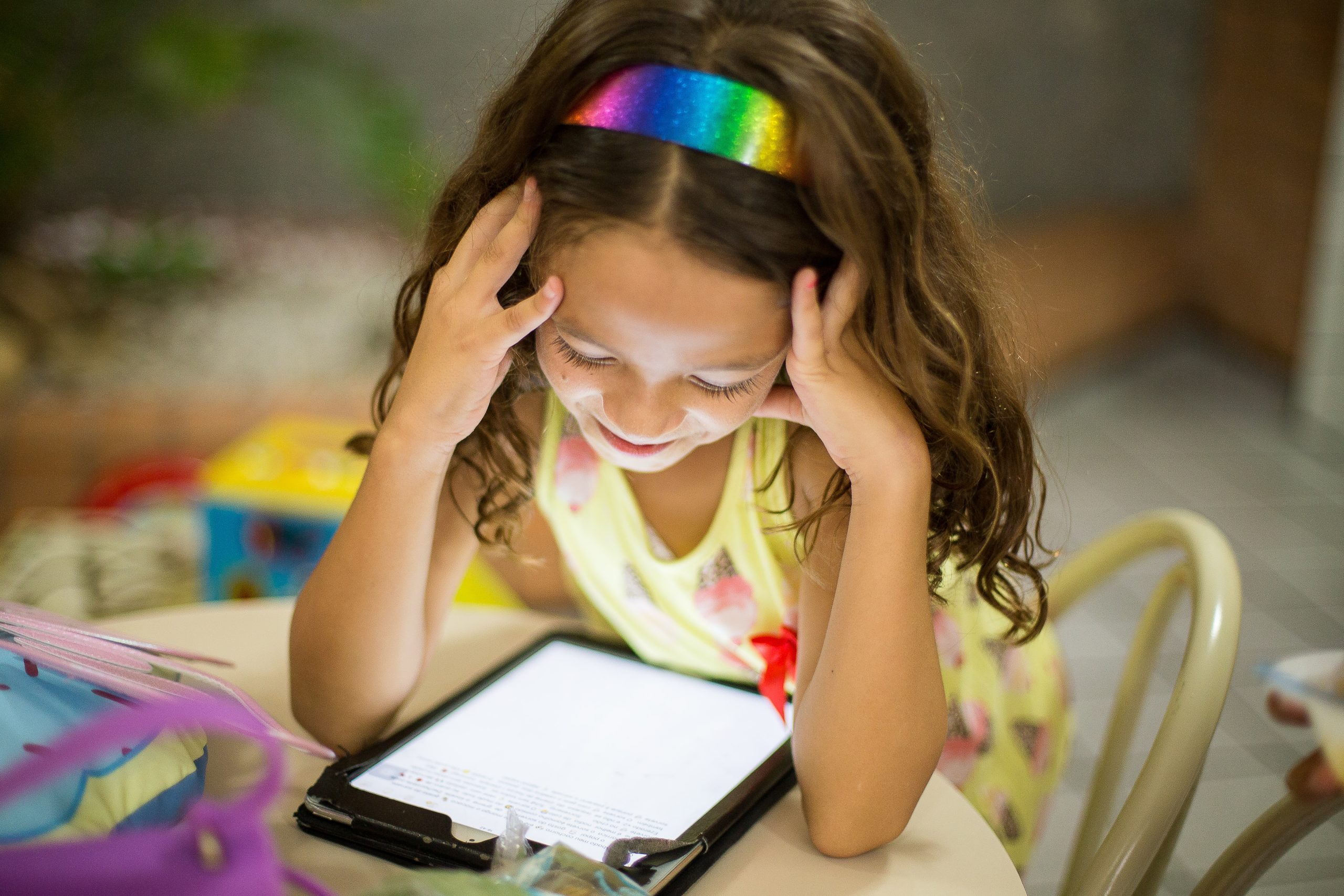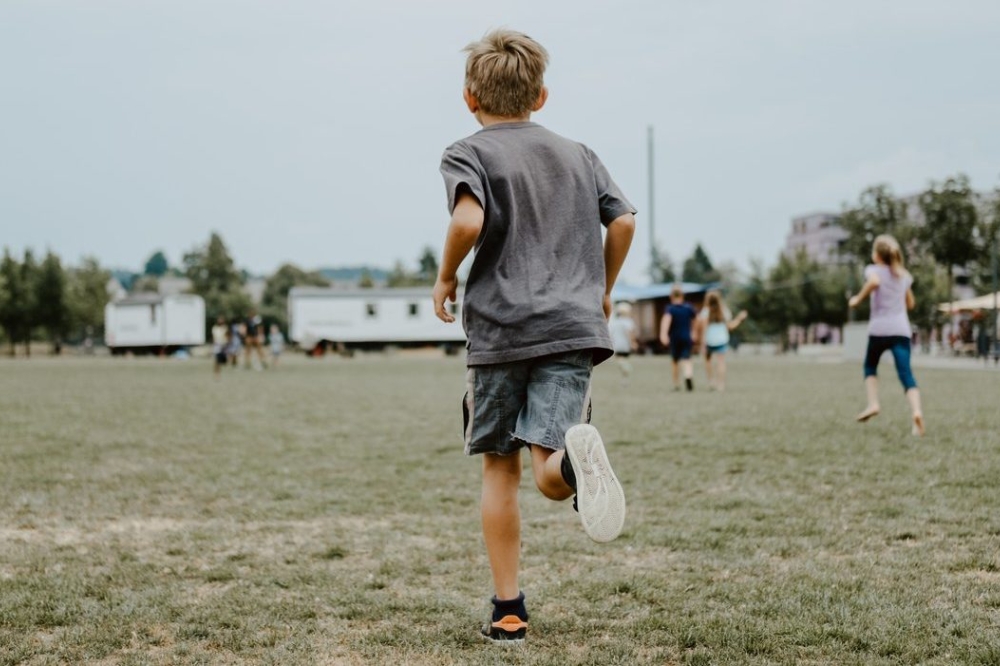- Occupational Therapy Services
- /
- Motor Skills
Motor Skills
Motor skills are a type of physical movement. They are the things that make our bodies move.
What is the difference between fine and gross motor skills?
Fine motor skills are the small and precise ways that we use our hands and fingers. For example, to grasp a cup, do up a button and hold a pencil.
Gross motor skills involve big muscles and the whole body (i.e. arms, legs and torso). For example, posture at the table, standing, kicking a ball, crawling and dancing.
Both types of motor skills involve coordination and function of muscles, bones and nerves that work together to make movement or hold a position.

How can an Occupational Therapist help?
Occupational Therapists have a particular focus on supporting people to develop or find alternative supports for motor skills that impact on functional activities. For example, an OT will help you learn to use a hair brush or feed yourself effectively. They can also help with other activities such as participating in leisure activities (e.g. support to ride a bike, draw pictures or play hopscotch).
Occupational Therapists may support motor based goals by developing strength (e.g. hand strength, core strength), coordination or balance. OTs can also support adaptations (eg. learning to use a speciliased trike or adaptive cutlery) or help to problem-solve work arounds when a motor skill is not being achieved (eg. re-learning a skill in a way that works for the person). Decision making regarding the best therapeutic support option for motor skills is done through thorough assessment and family-centred goal setting.










